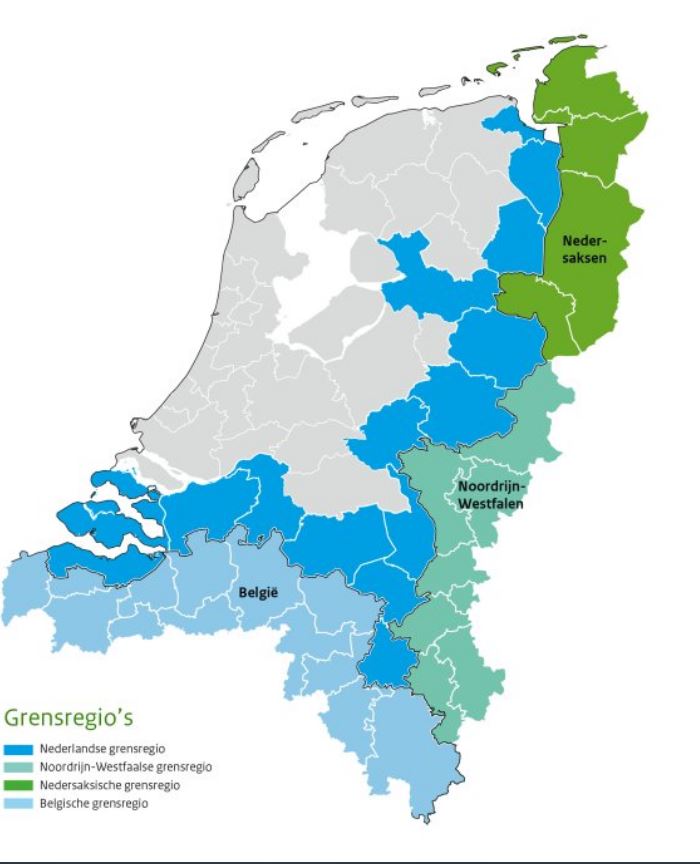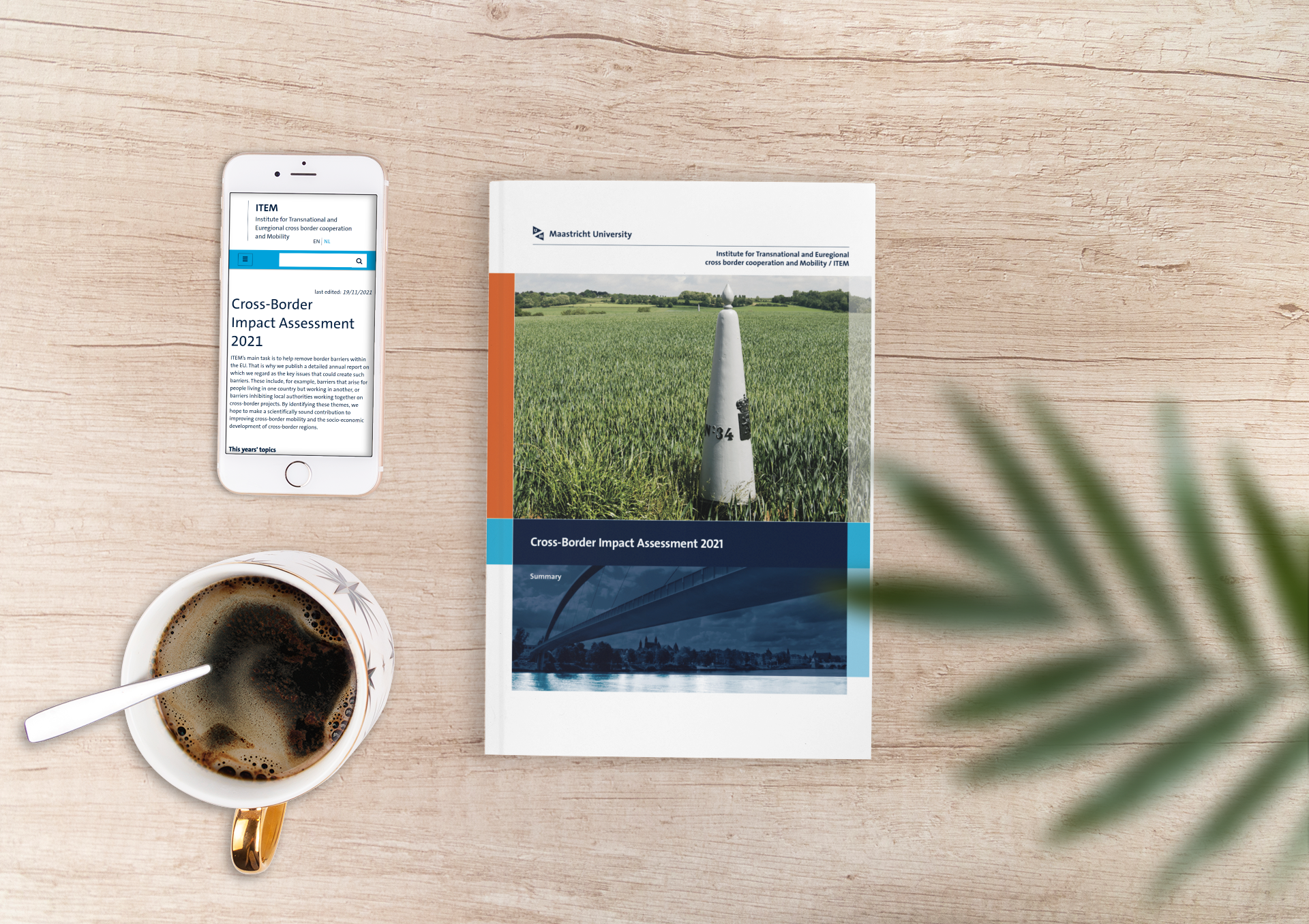Third report on corporate mobility in the EU published
The third report of the ITEM/ICGI project on ‘Cross-Border Corporate Mobility in the European Union’ has now been published. The report builds upon the earlier reporting on cross-border corporate activity and features a comprehensive country-by-country reporting to provide a fuller picture of cross-border company mobility in the EU.
This third report on Cross-Border Mobility in the European Union shows, for example, a continuously high concentration of cross-border mergers in Germany, the Netherlands and Luxembourg and a 72% increase in cross-border merger activity in the period of 2013 to 2018 compared to 2008 to 2012. Moreover, 431 cross-border seat transfers have so far been identified for the 2013 to 2018 period. This indicates continuous cross-border corporate activity, despite the lack of a regulatory framework on cross-border seat transfers in certain Member States, such as Germany or the Netherlands. This will soon change with the adoption of the Company Mobility Package amending Directive (EU) 2017/1132, which will be closely monitored.
The full report is available via SSRN .
The three-year study on Cross-border Corporate Mobility in the EU
Marcus Meyer and Thomas Biermeyer at the Maastricht University Faculty of Law are conducting a three-year project on cross-border corporate mobility in the European Union and the European Economic Area. Their research is conducted in collaboration with the Institute for Transnational and Euregional cross border cooperation and Mobility (ITEM) and the Institute for Corporate Law, Governance and Innovation Policies (ICGI). The study began in in March 2017, following a successful tender award by the European Trade Union Institute (ETUI) and a Jean Monnet grant by the European Union.
View the webpage for the Cross-border Corporate Mobility in the EU study

Also read
-
On Wednesday 15 March 2023, there will be elections in the Netherlands. We will then vote for the Provincial Council and the District Water Board. Seven of the 12 Dutch provinces border a neighbouring country. Cross-border cooperation and special attention for border regions is therefore extra...
-
The importance of cross-border cooperation manifests itself more than ever during the coronapandemic. Multi-level governance is the foundation for taking the next steps; looking for each other and perpetuating relationships at all levels, in administration, politics and practice. This became clear...
-
Due to the Corona crisis, also many cross-border workers are forced to work in their home country. They have been asked not to cross the border to come to their office situated in the neighbouring country. At the moment, this is only possible because the Dutch, Belgian and German governments have...


